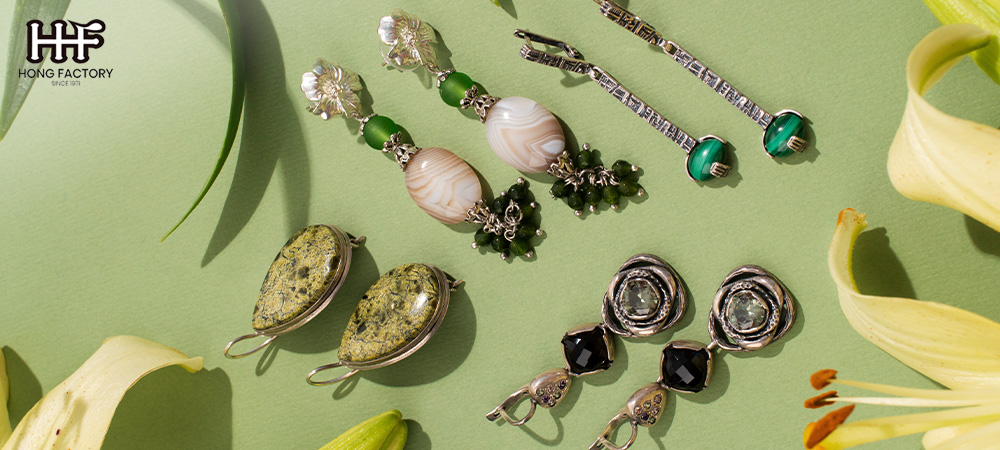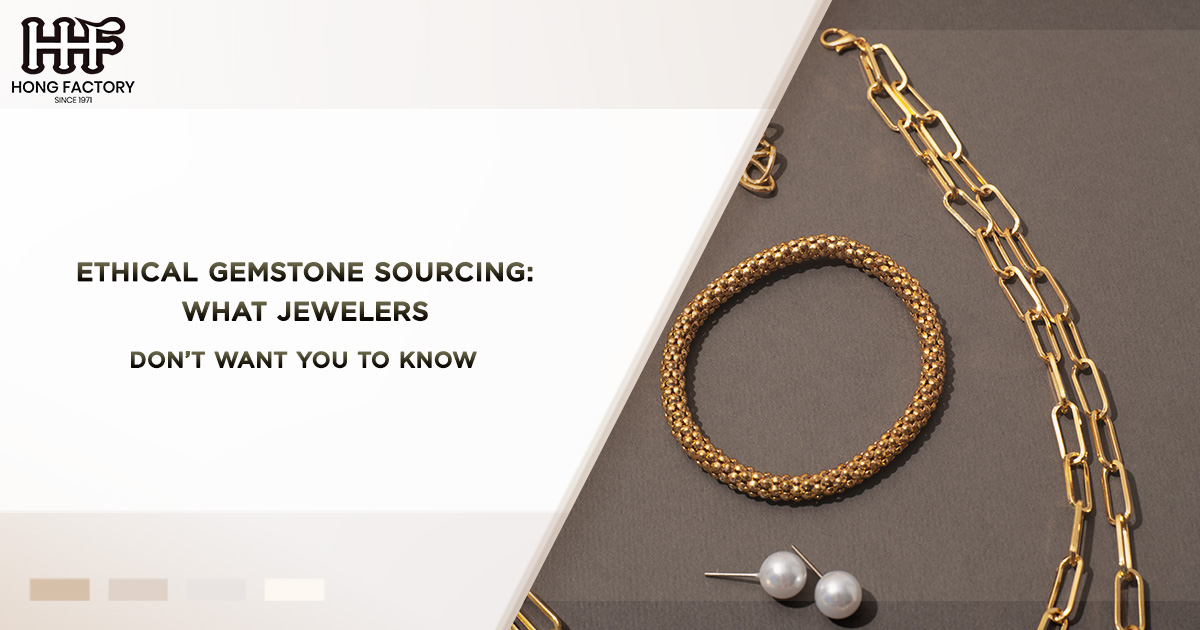The world of gemstones is often shrouded in mystique and allure, with their beauty captivating people across cultures and eras. However, beneath the glittering surface lies a complex web of ethical concerns that many jewelers might prefer to keep hidden. This article delves into the realm of ethical gems, responsible sourcing, and sustainable stones, revealing the practices that ensure the gemstones we cherish do not come at the cost of human rights abuses or environmental degradation.
Understanding Ethical Gemstone Sourcing
Ethical gemstone sourcing refers to the process of extracting, processing, and selling gemstones in a manner that is socially and environmentally responsible. This means that the stones are mined with respect to human rights, fair labor conditions, and environmental sustainability. But what exactly does “ethical” mean in this context, and why is it so crucial?
The Dark Side of Gemstone Mining
The traditional gemstone industry has long been plagued by issues such as child labor, exploitative working conditions, and environmental destruction. In regions like Africa, Asia, and South America, where many gemstones are sourced, mining operations can contribute to deforestation, water contamination, and habitat destruction. Furthermore, these mines often exist in conflict zones, where the proceeds can fund violence and oppression—a phenomenon famously associated with “blood diamonds.”
The Rise of Ethical Gems
In recent years, there has been a growing awareness and demand for ethically sourced gemstones. Consumers are becoming more conscious of the origins of their purchases, pushing jewelers and mining companies to adopt responsible sourcing practices. Ethical gems are those that are mined and processed in ways that prioritize human rights and environmental sustainability, offering a transparent supply chain from mine to market.

Key Practices in Ethical Gemstone Sourcing
The journey of transforming a raw gemstone into a polished jewel involves multiple stages, each with its own set of ethical considerations. Here, we explore the best practices that underpin ethical gemstone sourcing.
Fair Labor Practices
Ensuring fair labor practices is a cornerstone of responsible sourcing. This includes providing safe working conditions, fair wages, and respecting workers’ rights to organize. Ethical gem companies often work directly with small-scale miners or cooperatives, which can help empower local communities and provide them with a stable income.
Environmental Responsibility
Mining can have significant environmental impacts, but responsible sourcing seeks to minimize these effects. Practices such as minimizing land disturbance, avoiding the use of toxic chemicals, and rehabilitating mining sites after closure are essential. Some companies adopt advanced technologies to reduce their ecological footprint, while others focus on artisanal mining techniques that are less invasive.
Transparency and Traceability
One of the biggest challenges in the gemstone industry is ensuring transparency and traceability throughout the supply chain. Ethical gemstone initiatives often require detailed documentation of each step in the journey, from extraction to sale. This transparency allows consumers to make informed choices and ensures accountability at every level of production and distribution.
Certification and Standards
Certification systems and industry standards play a crucial role in promoting ethical practices. Organizations such as the Responsible Jewellery Council (RJC) and Fairtrade International have developed guidelines and certifications that help ensure gemstones are sourced responsibly. These certifications cover aspects like human rights, labor rights, and environmental protection.
Why Jewelers May Not Want You to Know
Despite the increasing demand for ethical gems, not all jewelers are forthcoming about their sourcing practices. There are several reasons why jewelers might be hesitant to disclose this information.
Complexity of the Supply Chain
The gemstone supply chain is notoriously complex, often involving multiple intermediaries. This complexity makes it difficult for jewelers to guarantee the ethical credentials of every stone, leading some to avoid discussing their sourcing practices altogether.
Cost Implications
Ethical sourcing can be more expensive than traditional methods. Fair wages, environmental safeguards, and traceability measures all add to the cost of gemstones. Some jewelers might be reluctant to pass these costs onto consumers or fear losing business to competitors who offer cheaper, but less ethically sourced, alternatives.
Fear of Backlash
Jewelers may fear backlash if they attempt to disclose their efforts but fall short of consumer expectations. As the public becomes more informed, the standards for what constitutes “ethical” sourcing are continually evolving, and jewelers may be wary of negative publicity if they are perceived as not doing enough.

Choosing Ethical Gems : A Consumer’s Guide
As a consumer, you have the power to drive change in the industry by choosing responsibly sourced gemstones. Here are some tips for ensuring your purchases align with your values.
Ask Questions
When purchasing jewelry, ask the retailer about the origin of the gemstones and whether they adhere to any ethical standards or certifications. A reputable jeweler should be able to provide detailed information about their sourcing practices.
Look for Certifications
Certifications from organizations like the RJC, Fairtrade, or the Kimberley Process can help assure you that a gemstone has been sourced responsibly. However, be mindful that not all certifications are created equal, and some focus more on specific issues like conflict prevention rather than comprehensive ethical concerns.
Support Ethical Jewelers
Seek out jewelers who prioritize ethical sourcing and are transparent about their practices. Many brands now focus exclusively on sustainable and ethical jewelry, often working directly with artisanal miners or using recycled materials.
Educate Yourself
Stay informed about the issues surrounding gemstone mining and ethical sourcing. By educating yourself, you can make more informed decisions and advocate for greater transparency and responsibility in the industry.
Conclusion
The allure of gemstones is undeniable, but it’s crucial to look beyond their beauty to consider the ethical implications of their origins. While the journey toward fully ethical gemstone sourcing is ongoing, the demand for responsible practices is driving positive change in the industry. By choosing ethical gems and supporting jewelers who prioritize responsible sourcing, you can contribute to a more sustainable and just world.
In a market where this information might not be freely offered, being informed and intentional about your choices empowers you as a consumer to support responsible practices and enjoy the beauty of gemstones with a clear conscience.
